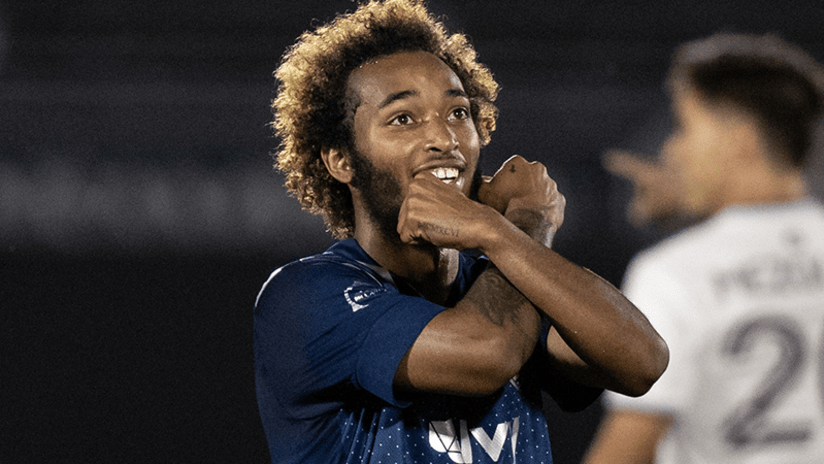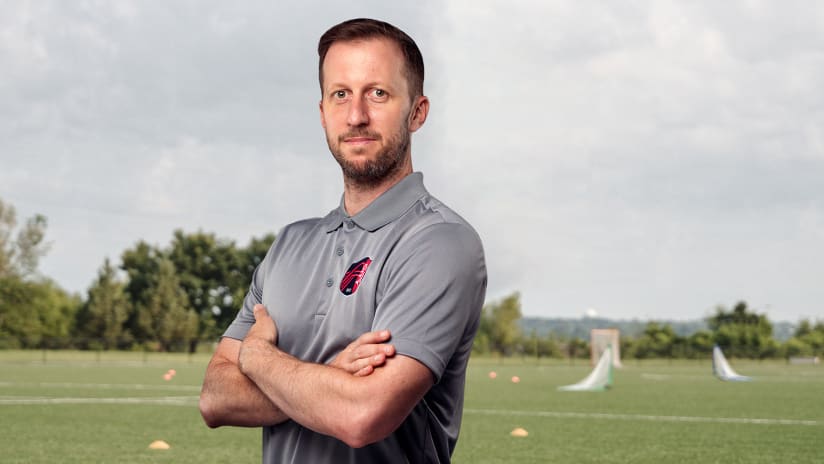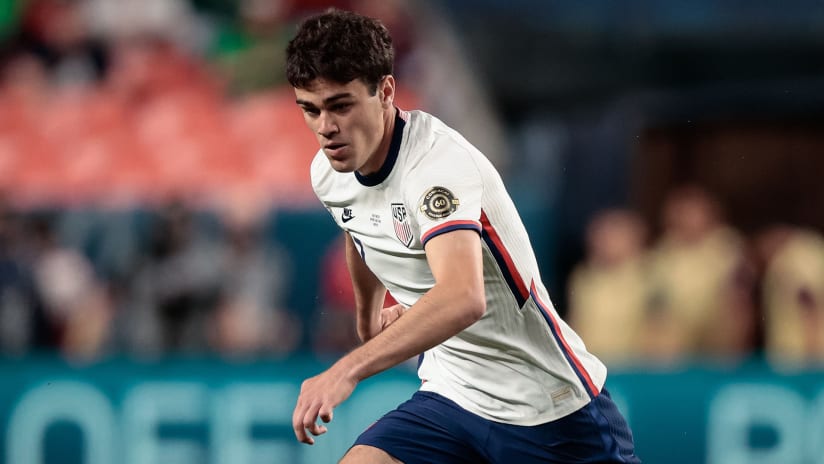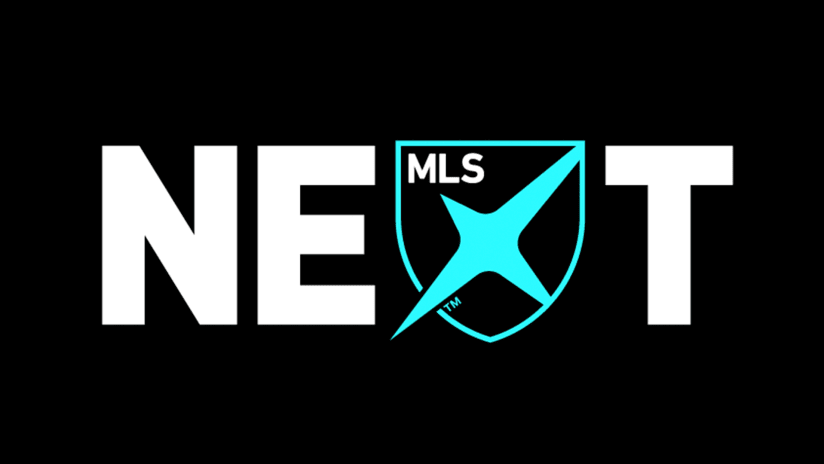The particular challenges of the MLS is Back Tournament and the compacted season schedule that’s followed have prompted MLS clubs to offer increased minutes to many of their young players this summer.
For much of the league’s history, many of its head coaches would view this as a clear sign of trouble. Kids were often perceived as risky bets, prone to inconsistency and untimely errors, and relying on them in key moments and positions was usually a last resort, a symptom of a threadbare roster.
That’s no longer the case, and perhaps no one is happier about it than Fred Lipka.
“Three, four years ago, it was a rarity,” noted MLS’s Technical Director of Youth Development in an in-depth conversation with MLSsoccer.com this week as the league launched MLS NEXT, its new academy league. “We have now a regular chance, and consistent minutes of play, for the Homegrown domestic players, Canadian or American, who participate and give an impact.”
The Frenchman jokes that he only watches games in which Homegrowns feature, and can reel off the HGPs who are making plays these days: Michael Baldisimo and Thomas Hasal with Vancouver. Gianluca Busio, Cameron Duke and Felipe Hernandez of Sporting KC. Efra Alvarez with the LA Galaxy. Kevin Paredes, Griffin Yow, Donovan Pines and perhaps soon Moses Nyeman at D.C. United. Eryk Williamson, a product of that same D.C. system, now starring for Portland. He points to a recent KC-Dallas match in which Homegrowns featured on both sides, and not only in role-player spots but as their teams' key cogs.
Meanwhile those a bit further along in the process are also showing the value of the system, like Reggie Cannon, an everyday starter for FC Dallas since age 19 or so who on Wednesday competed a reported multi-million-dollar transfer to Portuguese side Boavista.
The rollout of MLS NEXT, which begins play this weekend, inevitably focused on the future given that some of its participants will be as young as 12 years old. But the league’s youth movement is no longer confined to the years ahead. It’s happening right now, before our eyes. Prospects whose ability to contribute was once qualified with asterisks and hypotheticals are being given opportunities, and many are seizing them with both hands.
“When we give minutes to the kids, you are rarely disappointed,” said Lipka, who has been central to the conception and construction of MLS NEXT and its collaborative approach to planning and governance. “That's why the first-team coaches and CSOs [chief soccer officers] are the final judge, and decision-makers, to make real this movement.”
Guiding and advancing this entire enterprise is Lipka’s main job, so it seems evident that he’d be an outspoken booster of the “Play Your Kids” concept. Yet as he surveys the current landscape, the former Le Havre AC academy director also points out what he considers a self-evident truth from a Canadian and US perspective: Efficiently spotting and grooming domestic talent is part and parcel for the sport’s top nations, for both club and country alike.
“In the big five, English, German, French, Spanish, Italian,” he said, also mentioning Portugal as one with a valid claim to membership in this elite, “There is no success in the top 10 without a robust youth development system. It doesn't exist.”
Having worked in North America for the better part of a decade, Lipka recognizes the complications and barriers here. Cultural, historical and economic factors have molded the youth game here in sweepingly different directions from the European and South American norms, and he sees MLS’s current push as “a 10-year project.”
What he’s now seeing at the first-team level fuels his optimism. If the likes of UEFA Champions League winner Alphonso Davies and UEFA Champions League semifinalist Tyler Adams are rising through the current system, with more coming along just behind them, the upside for an increasingly efficient pathway in the years ahead is enormous.
The guests on Monday’s live-stream unveiling of MLS NEXT to academy players and coaches reflected the differing routes players like Davies, Adams, Jordan Morris and Jesus Ferreira are taking toward successful professional careers, and Lipka wants to offer upcoming generations an even clearer and more attainable road.
“The most important thing is to build,” he said, “in the continuity of what MLS has done at the first-team level, to try to organize below MLS a very robust and aspirational pathway for each player in the country … MLS now is ready and is going to help.
“I don't know if we can completely change the system, but maybe we can adjust the system,” Lipka added. “Because, Europe is not the US, the systems are not based on the same culture, same values, the same assets … So in the US it will come differently and also MLS can help with partners, sponsors, to try to design the new model, which can also not completely change, but rectify the flow of the business.”












